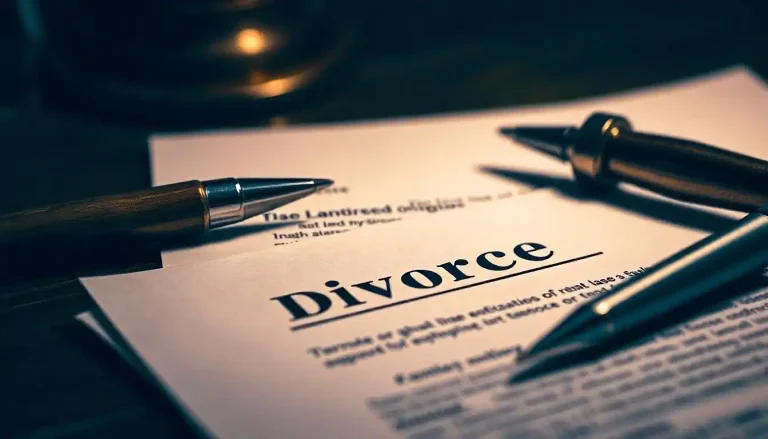When someone passes away without a will and no known next of kin, the fate of their estate enters a complex legal process that most people rarely consider—until it directly impacts them. These unclaimed estates present a unique challenge for the legal system, especially when time passes and no rightful heir steps forward. This is where the role of heirsearch becomes critical, as locating potential beneficiaries can mean the difference between inheritance and forfeiture. But what exactly happens when an estate goes unclaimed, and how does the legal system respond?
The Initial Steps After Death
When someone passes away, their estate or the entirety of their property must be distributed legally. Usually, this is defined by a will, but in the absence of a will (a state termed intestacy), the state will refer to the laws of succession. The probate court has the responsibility of regulating this procedure, and an administrator is appointed by the probate court to manage the estate.
At this point, the administrator shall start searching for any living relatives who might have a legal right to inheritance. This goes to the immediate family members, who may include spouses, children, or parents. When no one is known or easily located, this is broadened to include further and more remote relatives. Consequently, it often requires the use of public records, death certificates, and even commercial heir search companies to assist in locating the heirs.
When No Heirs Are Found
If all possible efforts have been made and there are still no relatives, the estate will be declared unclaimed. This does not imply that the assets lie in a limbo eternally. The laws existing in every state specify the period of time after which the government should wait before it can claim ownership of an unclaimed estate. This is referred to as escheatment, where the assets of the estate are given to the unclaimed property division of the state.
The purpose of this waiting time (which may be many years) is to give time to would-be heirs to come forward. In this window, if new information emerges or a relative discovers the death and their potential relationship, they can petition the court to receive their portion of the estate.
The Role of Heir Search Firms
Professional heir search firms can be hired by the court or the estate administrator in complex cases or cases that involve international issues. These organizations are also skilled in genealogy and legal research to trace and track down the rightful heirs even across borders. Their services are critical towards averting escheatment and making sure that assets are given to the families or individuals to whom they belong legally.
A respectable company can waste weeks or months going through family trees, comparing documents, and confirming ancestry. They succeed in restoring family ties as well as assisting courts to complete their mandate to uphold the rightful succession of the deceased, whether there is a will or not.
Escheatment: State Occupation
After the statutory period has lapsed without any legal heirs coming forward, the unclaimed property legally vests in the state. This involves all other bank accounts, land, personal property, and investments. The money is deposited into state coffers, which are frequently spent on public programs or held in trust to be claimed in the future.
It should be noted, however, that, after the escheatment, there are states that permit the heirs to file claims within a stipulated period. In the event that a later heir can prove a relationship, he or she can still succeed to part or the entire estate with a verifiable relationship. Such late claims are, however, complex and may run for months to settle in court.
The Moral and Legal Compulsions
To the attorney, estate administrators, and courts, it is not just a matter of procedure to diligently search heirs, but it is a question of law and ethics. A lack of reasonable attempts to find heirs may lead to estate challenges, property ownership disputes, or even suits.
That is why collaborating with heir search specialists will not only be beneficial but also be required in many cases. The legal labyrinth of unclaimed estates requires precision, perseverance, and the professional knowledge of the succession regulation in different jurisdictions.
Conclusion
Unclaimed estates are not just a loss of money, but are stories that are unfulfilled due to a lack of a known heir. The legal process offers structure, but more often than not, the human aspect of heirsearch closes the deal. Whether through strict court proceedings or the thoughtful efforts of professional companies, the end result is the same: legacies are to be placed in the right hands. With the increased interconnectedness and dispersion of families in our world, this process is becoming more and more relevant to understand and, therefore, more and more necessary.
Articles published under the Editorial Desk byline may include material from various sources and are reviewed internally to ensure clarity, factual consistency, and compliance with the site’s editorial standards. Content is published for general informational purposes only and follows applicable content and publishing guidelines




